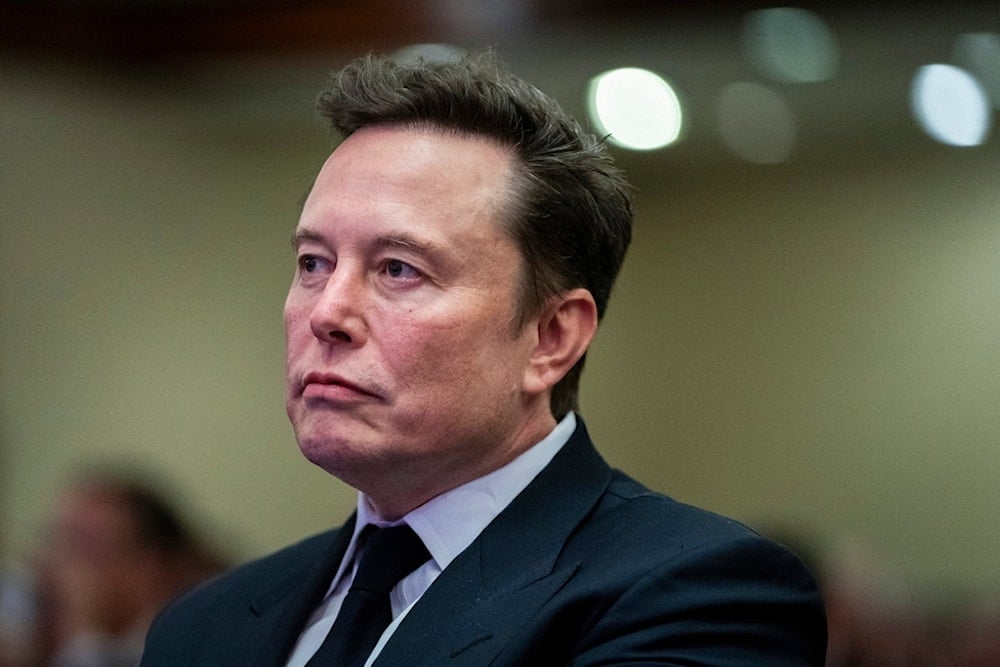Germany blasts Elon Musk for endorsing AfD ahead of national elections
The AfD, polling second in recent surveys, has the potential to disrupt traditional coalition structures in the upcoming parliamentary elections.
-

Elon Musk listens as President-elect Donald Trump speaks during a meeting with the House GOP conference, Wednesday, Nov. 13, 2024, in Washington. (AP)
The German government has criticized Elon Musk, accusing the billionaire entrepreneur of attempting to sway the nation's upcoming federal election through a recent opinion piece and social media posts.
Musk, who has praised the right-wing Alternative for Germany (AfD) party, described it as Germany's "last hope" in a guest column for Welt am Sonntag. His commentary has provoked a sharp backlash, with accusations of political meddling.
A government spokesperson acknowledged Musk's freedom to express his views but dismissed his endorsement, calling it "nonsense" and a move to influence the election scheduled for February 23, 2025. "Freedom of opinion also covers the greatest nonsense," the spokesperson remarked.
Musk, currently slated to act as an outside adviser in Donald Trump's administration, defended his engagement in German politics, citing his significant investments in the country. He also voiced support for the AfD's stance on deregulation, tax policies, and market freedoms.
The fallout from Musk's comments was immediate. The editor responsible for publishing his guest piece resigned in protest, signaling internal divisions within the media landscape. Meanwhile, Musk amplified his criticism of the government, calling for Chancellor Olaf Scholz's resignation following a tragic incident at a Christmas market in Berlin that left five people dead.
Political response
The AfD, polling second in recent surveys, has the potential to disrupt traditional coalition structures in the upcoming parliamentary elections. However, Germany's major parties remain firm in their stance against cooperating with the AfD, which is under scrutiny from domestic intelligence for suspected right-wing extremist activities.
"Musk's endorsement of the AfD is effectively a recommendation for a party being monitored for extremist tendencies," the government spokesperson noted.
Read more: Alternative for Germany leads in Thuringia with 30.5% of vote
Criticism of Musk's involvement has poured in from across Germany's political spectrum. Lars Klingbeil, co-leader of the Social Democrats (SPD), likened Musk's actions to foreign interference, comparing him to Russian President Vladimir Putin. "Both aim to destabilize our democracy and specifically support the AfD's enemies of democracy," Klingbeil told the Funke newsgroup.
Friedrich Merz, leader of the Christian Democrats (CDU) and a leading contender to replace Scholz, also weighed in. Describing Musk's comments as "intrusive and pretentious," Merz emphasized the importance of keeping external influences out of Germany's political processes.

 3 Min Read
3 Min Read








